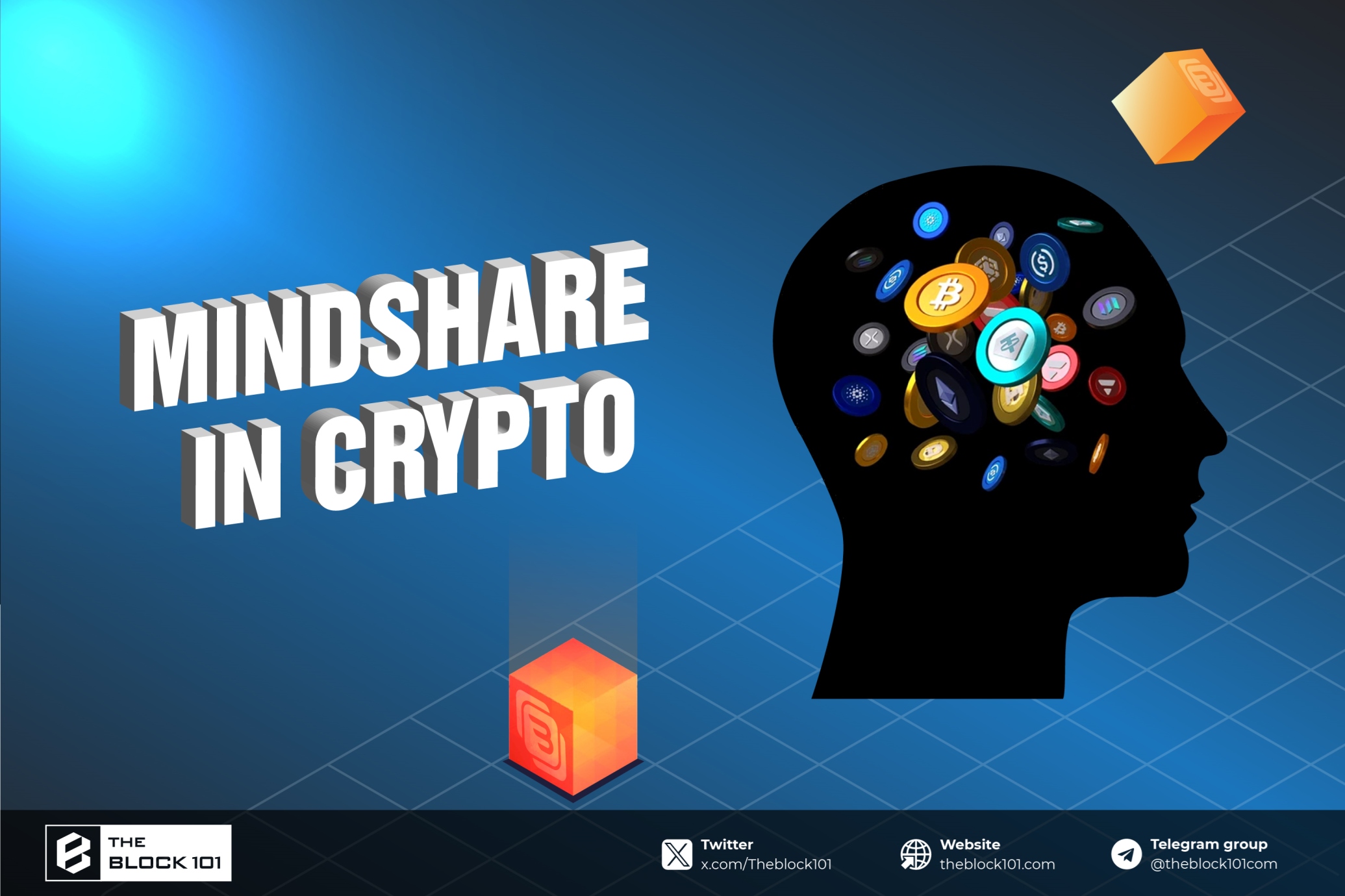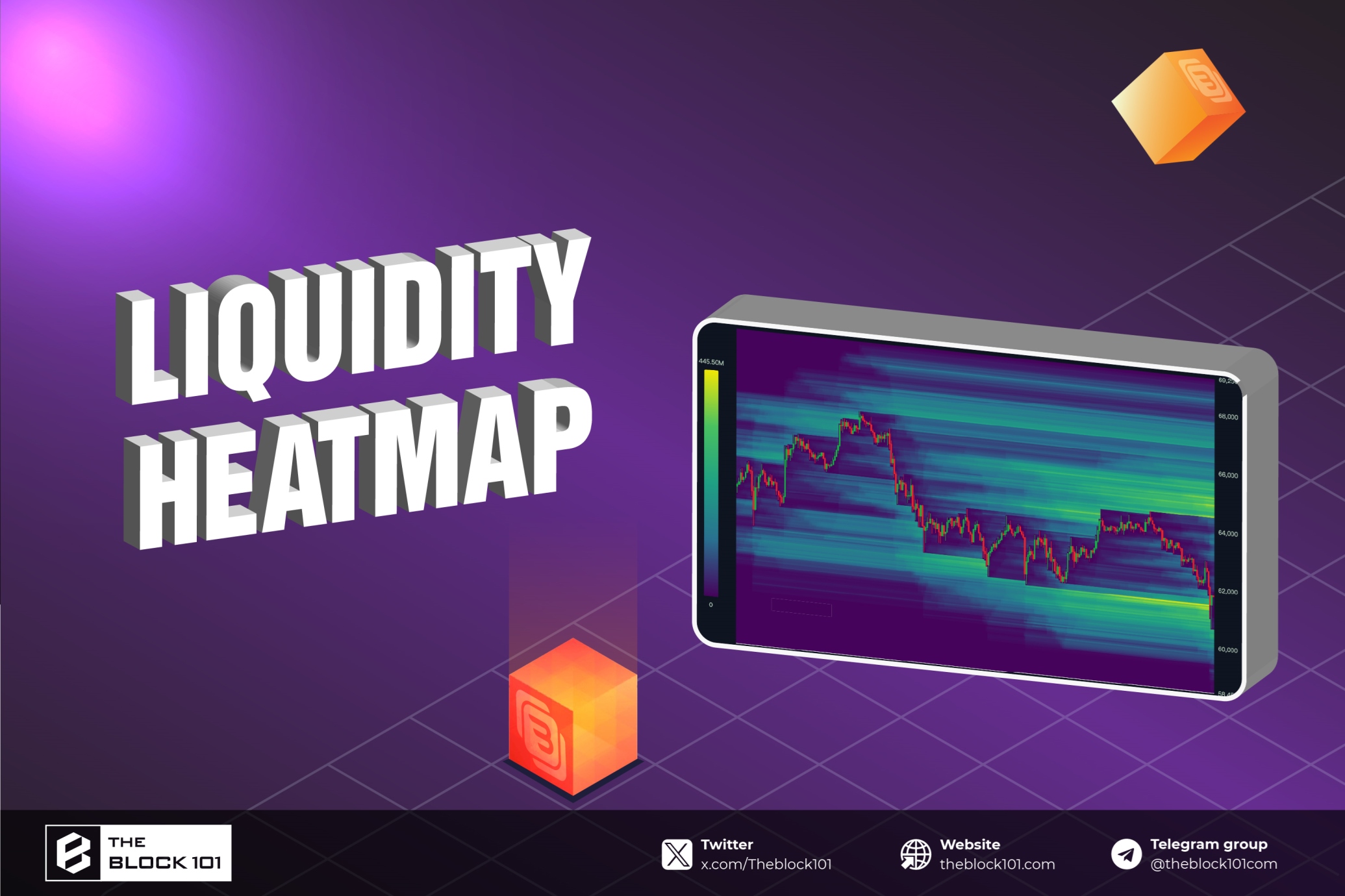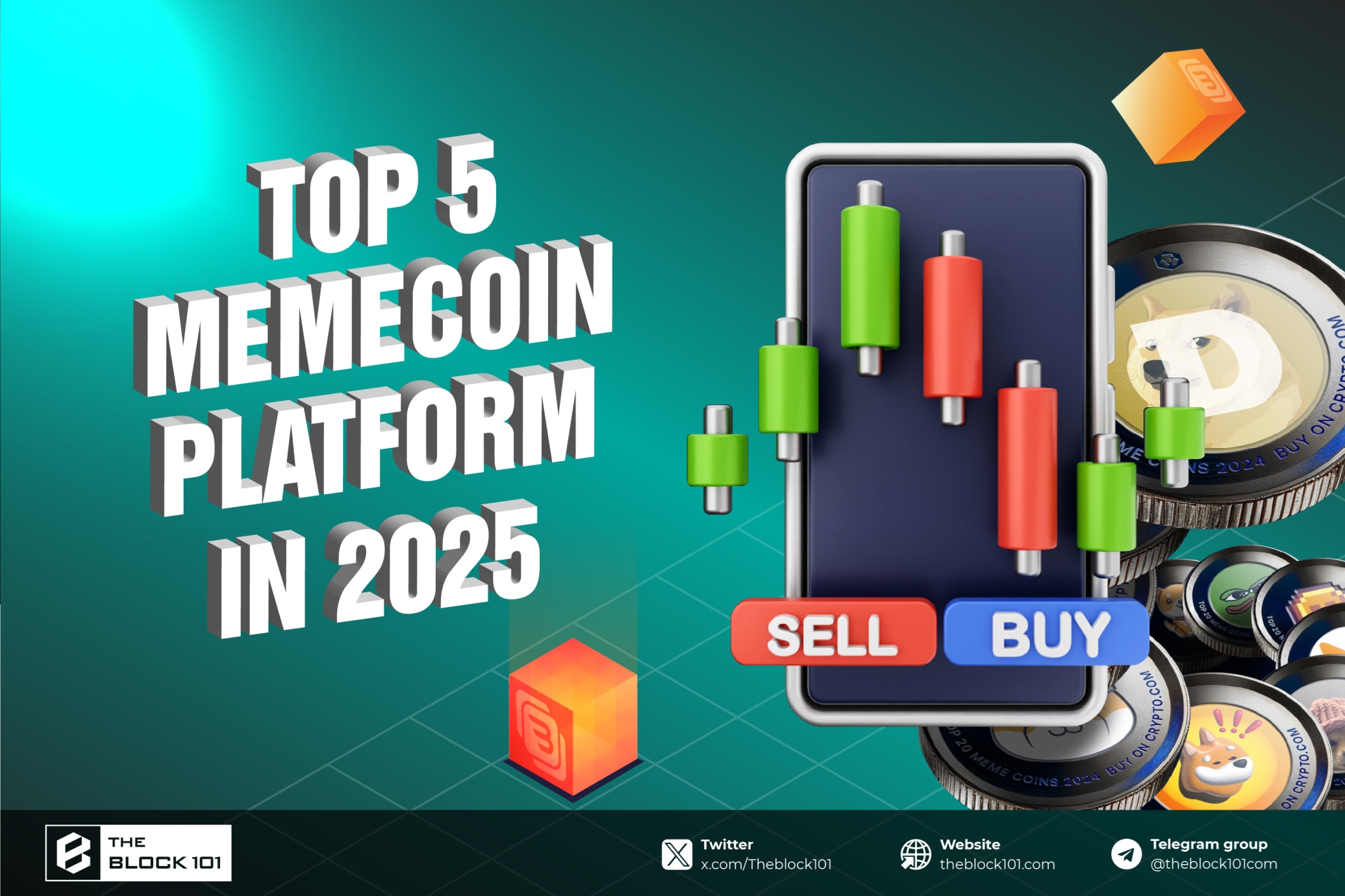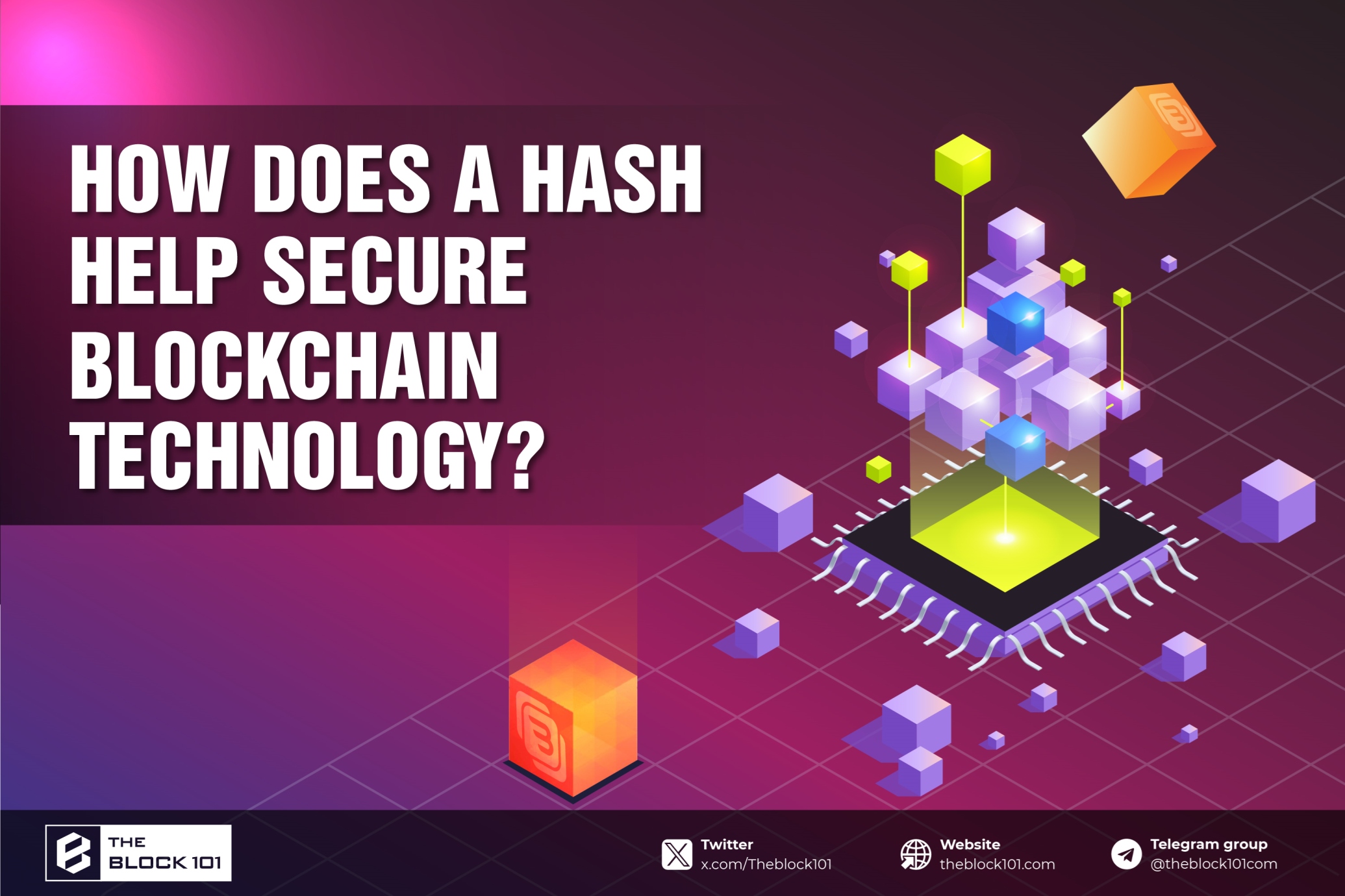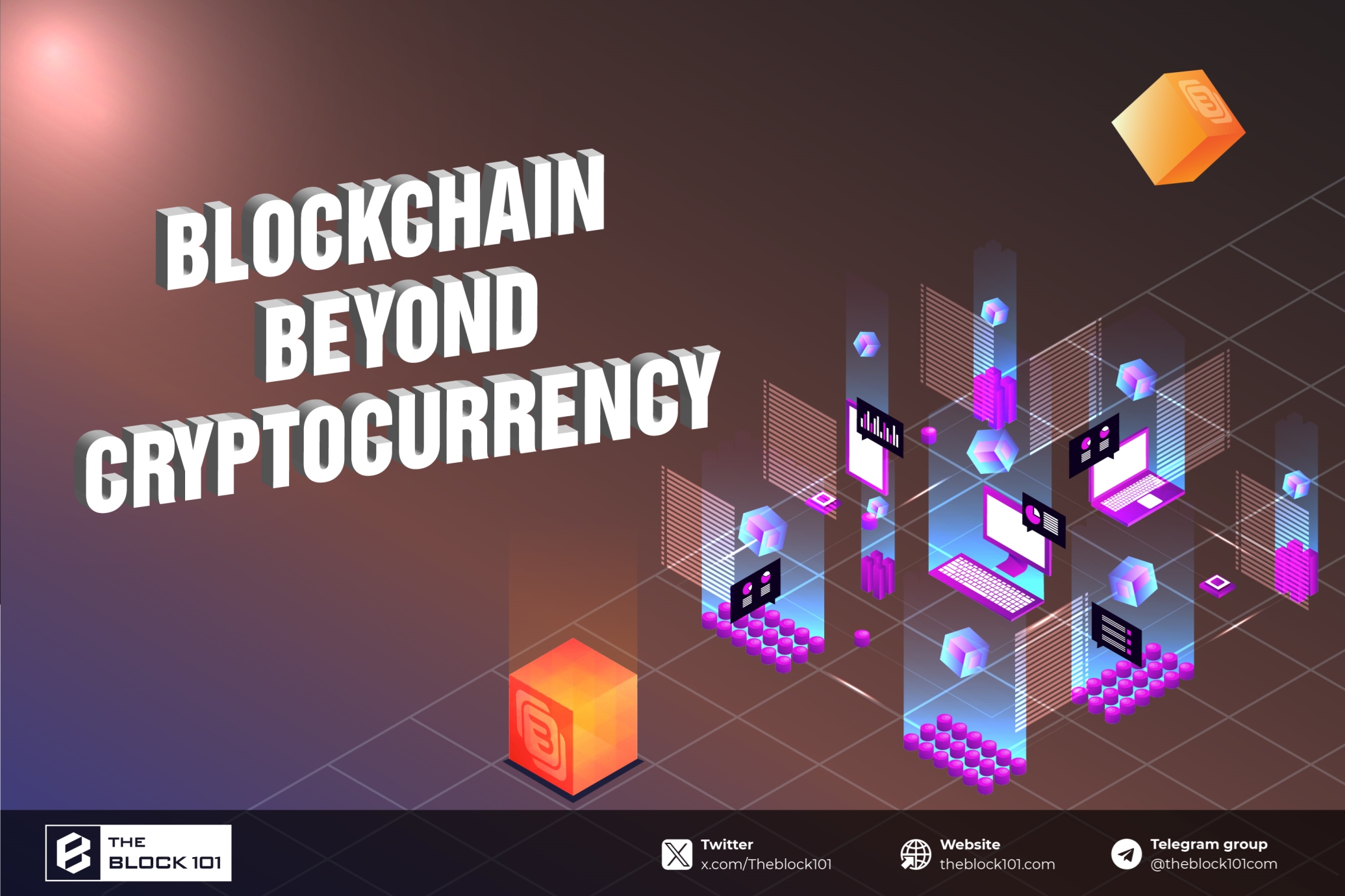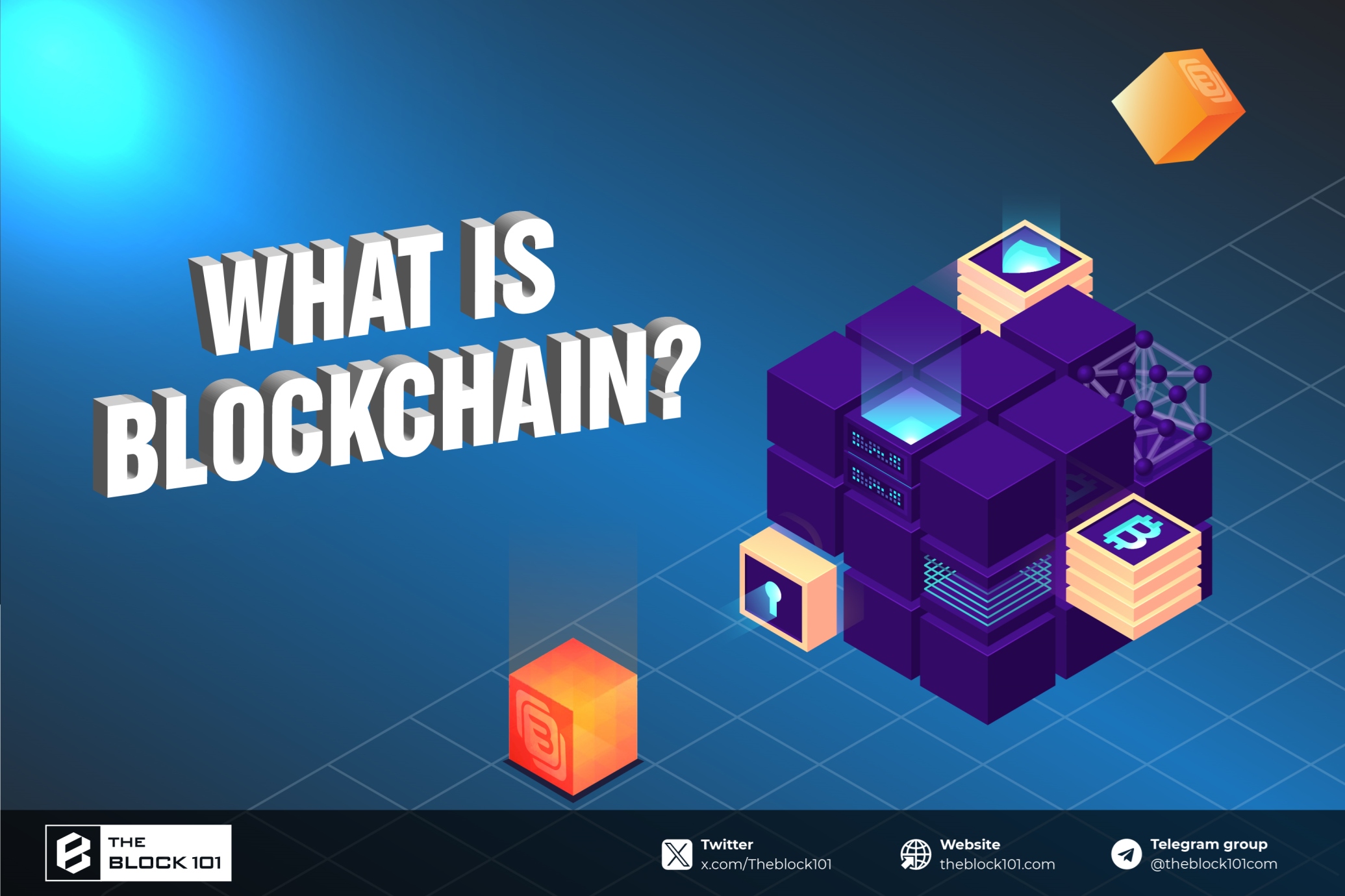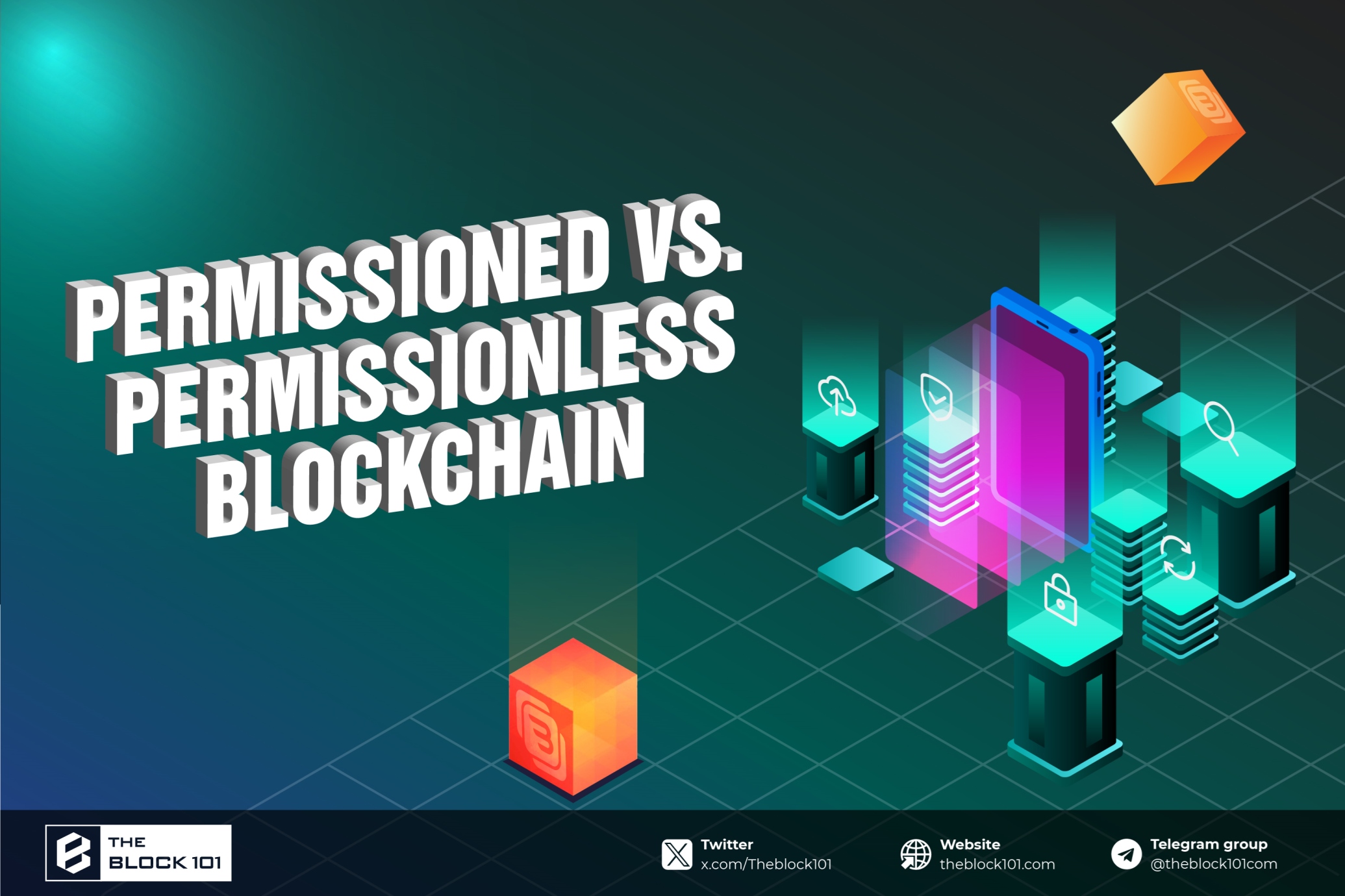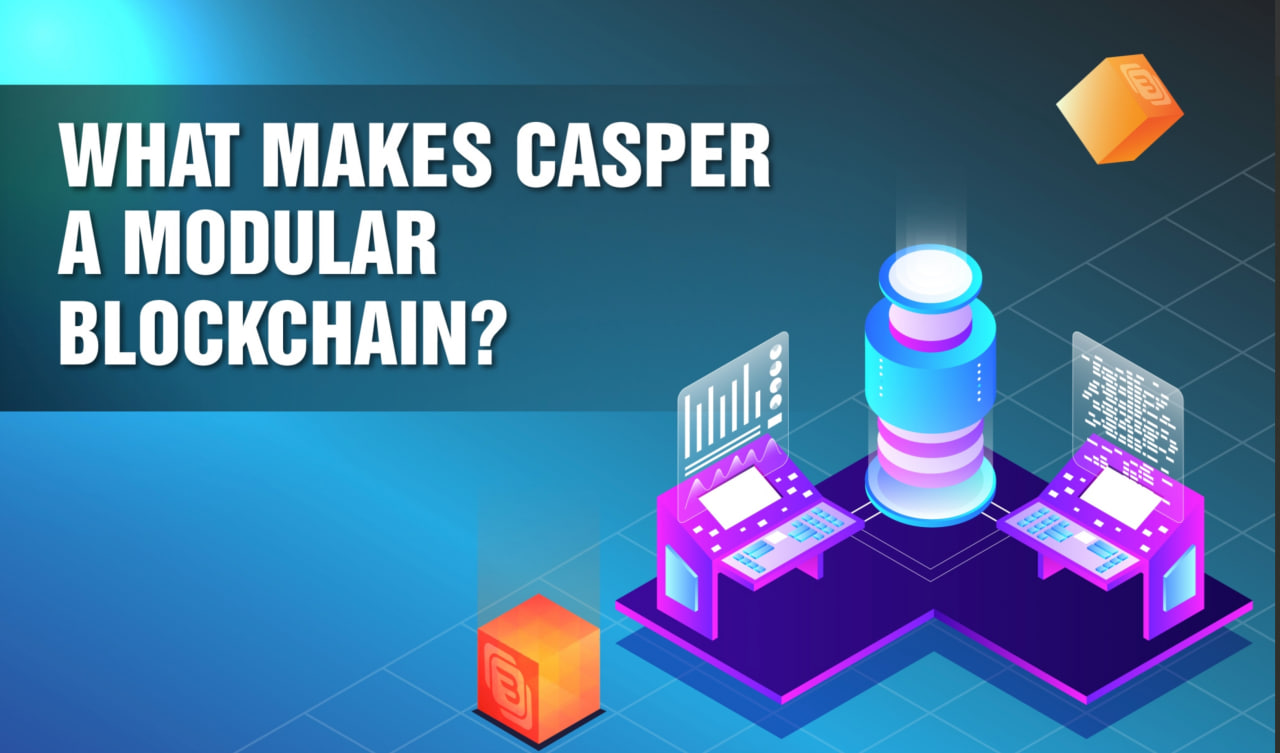1. What are Bitcoin DApps?
1.1. What are DApps?
Decentralized applications (DApps) are software applications that run on a decentralized network, typically leveraging blockchain technology. Unlike traditional apps, which are controlled by a single entity, DApps operate on a peer-to-peer network, ensuring transparency, security, and immutability.
1.2. What are Bitcoin DApps?
Bitcoin DApps, or Bitcoin Decentralized Applications, are DApps that run on the Bitcoin blockchain or utilize Bitcoin's infrastructure. Unlike traditional applications, which rely on a centralized server and infrastructure, DApps leverage the decentralized nature of the blockchain to provide services without a single point of control or failure.
In essence, Bitcoin's blockchain cannot build smart contracts (unlike Ethereum blockchain - the first place to support smart contracts). But if dApps want to operate, they must be based on smart contracts, but no application can be built directly on the Bitcoin blockchain. If they want to work, they must be built through Layer 2 of Bitcoin like the Lightning Network and side chains such as RSK (Rootstock).
2. Key components of Bitcoin DApps
-
Smart contracts on Bitcoin
Smart contracts are self-executing contracts with the terms of the agreement directly written into code. While Ethereum was the first blockchain to introduce smart contracts, Bitcoin has adopted similar capabilities through protocols like RSK (Rootstock) and Stacks, which provide a framework for developing Bitcoin-compatible smart contracts.
-
Layer-2 solutions
To overcome scalability issues, Bitcoin has implemented layer-2 solutions such as the Lightning Network. These solutions facilitate faster and cheaper transactions, making Bitcoin more suitable for DApp development.
-
Interoperability
Interoperability protocols allow Bitcoin to interact with other blockchain networks. This is crucial for DApps that require cross-chain functionality, enabling seamless communication between Bitcoin and other blockchains.
3. Key features of Bitcoin DApps
-
Decentralization: Bitcoin DApps operate on a decentralized network, eliminating the need for a central authority or intermediary. This ensures that the application is resistant to censorship and tampering.
-
Blockchain-based: They use the Bitcoin blockchain for data storage, transactions, and security.
-
Transparency: All transactions and operations on a Bitcoin DApp are recorded on the Bitcoin blockchain, providing a transparent and immutable ledger. This enhances trust among users as they can verify the integrity of the data independently.
-
Security: The Bitcoin blockchain is renowned for its security features. The decentralized nature of the network, combined with its cryptographic protocols, makes Bitcoin DApps highly secure and resistant to attacks.
-
Immutability: Once data is recorded on the Bitcoin blockchain, it cannot be altered or deleted. This ensures the integrity and permanence of data, making Bitcoin DApps reliable for applications where data integrity is crucial.
-
Open source: Most Bitcoin DApps are open source, allowing developers to collaborate and contribute to the development of the application. This fosters innovation and ensures the continuous improvement of the DApp.
4. Popular Bitcoin DApps
-
RSK
RSK (Rootstock) is a smart contract platform secured by the Bitcoin network. It uses merge-mining to leverage Bitcoin's hash power, ensuring robust security for DApps. RSK supports various decentralized applications, including DeFi (Decentralized Finance) platforms, NFT (Non-Fungible Token) marketplaces, and more.
-
Stacks
Stacks is another layer-1 blockchain solution that brings smart contracts and decentralized applications to Bitcoin. It introduces the Clarity smart contract language, designed to be predictable and secure. Stacks aims to unlock Bitcoin's potential beyond digital currency, supporting a range of DApps from decentralized finance to social networks.
-
Lightning Network
The Lightning Network, primarily known for enabling faster Bitcoin transactions, also supports DApps. It facilitates microtransactions and instant payments, making it ideal for applications like gaming, tipping services, and more.
5. Applications of Bitcoin DApps
Bitcoin DApps have the potential to revolutionize various industries by offering decentralized solutions to existing problems. Here are some key areas where Bitcoin DApps can make a significant impact:
5.1. Financial Services
The financial industry can greatly benefit from the transparency, security, and efficiency of Bitcoin DApps. Applications such as decentralized exchanges, lending platforms, and payment gateways can operate without the need for intermediaries, reducing costs and increasing accessibility.
Decentralized Exchanges (DEXs): DEXs allow users to trade cryptocurrencies directly with each other without relying on a centralized exchange. Bitcoin DApps can facilitate peer-to-peer trading, enhancing security and privacy while eliminating the risk of exchange hacks.
Lending and Borrowing: Bitcoin DApps can enable decentralized lending and borrowing platforms, where users can lend or borrow funds directly from each other. Smart contracts ensure that the terms of the loan are automatically enforced, reducing the risk of default and eliminating the need for intermediaries.
Payment Gateways: Bitcoin DApps can facilitate seamless and secure payments across borders, eliminating the need for traditional payment processors. This can significantly reduce transaction fees and processing times, making cross-border transactions more efficient.
5.2. Supply Chain Management
Supply chain management can benefit from the transparency and immutability of the Bitcoin blockchain. Bitcoin DApps can be used to track the movement of goods and verify the authenticity of products, reducing fraud and increasing efficiency.
Product Tracking: Bitcoin DApps can provide a transparent and immutable record of the movement of goods through the supply chain. This ensures that every transaction is recorded on the blockchain, allowing stakeholders to verify the authenticity and origin of products.
Smart Contracts: Smart contracts can automate various processes within the supply chain, such as payments and inventory management. For example, a smart contract can automatically release payment to a supplier once a shipment is delivered and verified.
5.3. Identity Verification
Identity verification is a critical aspect of many industries, including finance, healthcare, and government services. Bitcoin DApps can provide a secure and decentralized solution for identity verification, ensuring that users have control over their personal data.
Decentralized Identity: Bitcoin DApps can enable users to create a decentralized identity that is verified and recorded on the Bitcoin blockchain. This ensures that users have full control over their personal data and can share it with third parties as needed.
Secure Authentication: Bitcoin DApps can provide a secure and decentralized solution for authentication, reducing the risk of identity theft and fraud. Users can use their decentralized identity to authenticate themselves without relying on centralized databases.
6. Advantages and disadvantages of Bitcoin DApps
6.1. Advantages
Bitcoin DApps offer several advantages that make them attractive to developers and users alike:
-
Security
Bitcoin is renowned for its robust security, backed by a vast network of miners. DApps built on the Bitcoin network inherit this security, making them less susceptible to attacks and fraud.
-
Decentralization
Bitcoin's decentralized nature ensures that no single entity controls the network. This decentralization is crucial for DApps, as it prevents censorship and enhances trust among users.
-
Immutability
Transactions on the Bitcoin blockchain are immutable, meaning they cannot be altered once recorded. This immutability is essential for DApps that require a transparent and tamper-proof record of transactions.
-
Large user base
Bitcoin has the largest and most active user base in the cryptocurrency world. DApps on the Bitcoin network can leverage this extensive user base for increased adoption and network effects.
6.2. Disadvantages
While Bitcoin DApps offer numerous benefits, they also face several challenges:
-
Scalability
Despite advancements like the Lightning Network, scalability remains a concern for Bitcoin DApps. The Bitcoin blockchain's limited transaction throughput can be a bottleneck for DApps that require high transaction volumes.
-
Development complexity
Building DApps on Bitcoin can be more complex compared to other platforms like Ethereum, primarily due to Bitcoin's focus on simplicity and security. Developers need to be proficient in Bitcoin's scripting language and understand the intricacies of second-layer solutions like the Lightning Network.
-
Regulatory uncertainty
The regulatory environment for cryptocurrencies and DApps is still evolving. Uncertainty around regulations can pose challenges for the development and adoption of Bitcoin DApps, particularly in financial services.
7. Conclusion
Bitcoin DApps represent a significant step forward in the evolution of the blockchain ecosystem. By leveraging Bitcoin's security, decentralization, and extensive user base, these DApps have the potential to revolutionize various industries, from finance to gaming and beyond. While challenges remain, ongoing advancements in technology and growing interest from the developer community bode well for the future of Bitcoin DApps. As the landscape continues to evolve, Bitcoin DApps could become a cornerstone of the decentralized web, driving innovation and transforming how we interact with digital applications.
Read more:

 English
English Tiếng Việt
Tiếng Việt.jpg)
